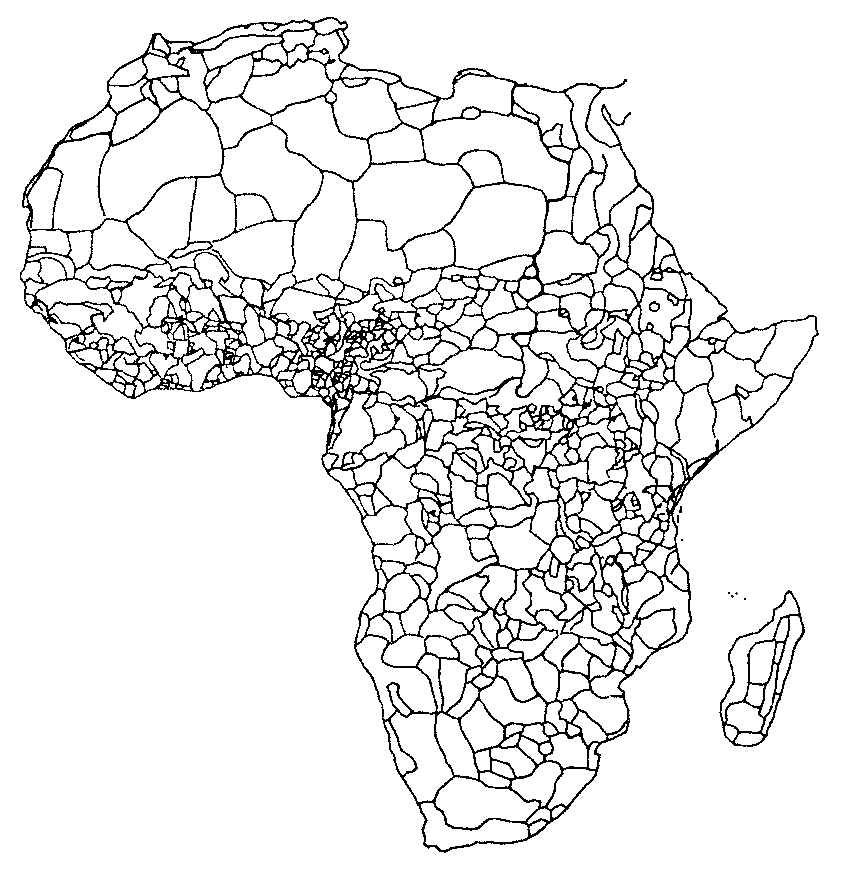Good Old Serendipity (in the form of the 11 Sept 2007 iteration of WFMU’s Antique Phonograph program) brought me to Rosetta and Vivian Duncan, and some googlement ensued:
Wikipedia article
from vaudeville.org
Midnight Place article
I’m Sailing On a Sunbeam (1929, via YouTube)
…and Mean Cicero Blues from Jeff Cohen’s delirious Vitaphone Varieties blog
What caught the Old Ear was this preposterous song:
The Argentines, the Portuguese, and the Greeks (1923 –there’s a slightly different version linked via Jeff Cohen). My not-quite-complete transcription:
Columbus discovered America in 1492
Then came the English, and the French, the Scotchman, and the Jew
Then came the Dutch and the Irishman to help the country grow
And still they keep on coming, and now everywhere you go
There’s the Argentines, and the Portuguese, the Armenians, and the Greeks
One sells you papers, the other shines the shoes
The other takes the whiskers off your cheeks
And when you ride again on a subway train
Notice who has all the seats
Ah!
They’re all held by the Argentines, and the Portuguese, and the Greeks
Now there’s a little flat where you lay your hat
Has a history I’ll explain
The ….. is a …., the hobo is a Coon, the elevator fellow is a Dane
But who is the gent that collects the rent at the end of these four weeks?
Ah!
That is all done by the Argentines, and the Portuguese, and the Greeks
There’s the Oldsmobile, and the Hupmobile, and the Cadillac and the Ford
Now these are the motors that you and I can own, the kind most anybody can afford
But the Cunninghams and the Mercurys and the Rolls Royce racing …
Ah!
They’re all owned by the Argentines, and the Portuguese, and the Greeks
Now there’s the Argentines, and the Portuguese, the Armenians, and the Greeks
They don’t know the language, they don’t know the laws
Yet they vote in the country of the free
And the funny thing when we start to sing “My country ’tis of thee”
None of us know the words but the Argentines, and the Portuguese, and the Greeks
There’s the Argentines, and the Portuguese, the Armenians, and the Greeks
When we’re departed, our souls will soar up in the heavenly seats
At the Golden Gates, where the angels wait, we’ll be asking there for seats
And they’ll all be reserved by the Argentines, and the Portuguese, and the Greeks
Make of it what you will…

